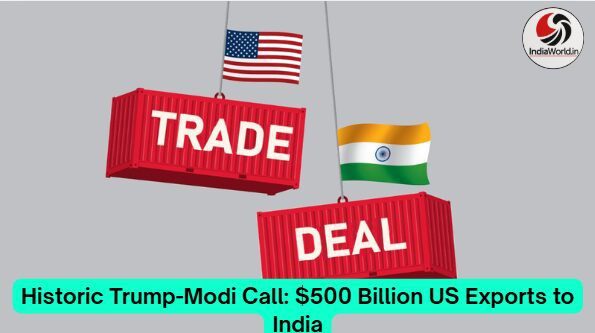Nepal’s government has recently imposed a sweeping ban on major social media platforms, including Facebook, Instagram, YouTube, and WhatsApp, after these companies failed to comply with new national registration laws. This move, aimed at regulating online content and ensuring accountability, has triggered mass protests and raised concerns about free expression and connectivity in the country.
Why Nepal Banned Social Media
The ban was enacted after a government ultimatum required all social media companies to register with Nepal’s Ministry of Communication and Information Technology by early September 2025. The registration mandate included establishing local offices, appointing resident grievance officers, and designating compliance officers to address legal and regulatory demands. When global giants like Meta (Facebook, Instagram, WhatsApp), Alphabet (YouTube), X (formerly Twitter), and others failed to meet the registration deadline, the government ordered internet service providers to block access to these platforms.
Official Justifications and Regulatory Goals
Nepali officials cited several reasons for the ban:
- Compliance with national regulations: The government stressed the need for foreign platforms to operate under Nepalese law, including responding to local grievances and adhering to rulings from the Supreme Court, which had instructed formal registration and content oversight.
- Cybersecurity and social order: Authorities claim that unregulated social media has facilitated misinformation, cybercrime, and activities seen as threats to social harmony, prompting the need for more direct oversight.
- Revenue and accountability concerns: The absence of local offices made it difficult for the government to regulate revenue collection from digital advertising and to hold companies accountable for harmful content
Public Reaction and Impact
The ban affected roughly 90% of Nepal’s 30 million citizens who depend on social media for news, business, and staying connected—especially with the country’s large migrant population working abroad. The abrupt shutdown triggered major protests, especially among youth and business owners whose livelihoods depend on these platforms. Demonstrators raised broader anti-corruption and free speech concerns, leading to violent clashes and curfews in major cities like Kathmandu
Ongoing Controversy
While some platforms that registered with the government (such as TikTok and Viber) remain operational, critics argue the law is an overreach that jeopardizes freedom of expression and open communication. Many Nepalis have shifted to VPNs or alternative apps, but concerns remain about long-term connectivity, censorship, and Nepal’s international image.
In summary, Nepal’s social media ban is primarily driven by regulatory, legal, and security rationales—but has quickly evolved into a flashpoint for wider social unrest and debate over civil liberties.








